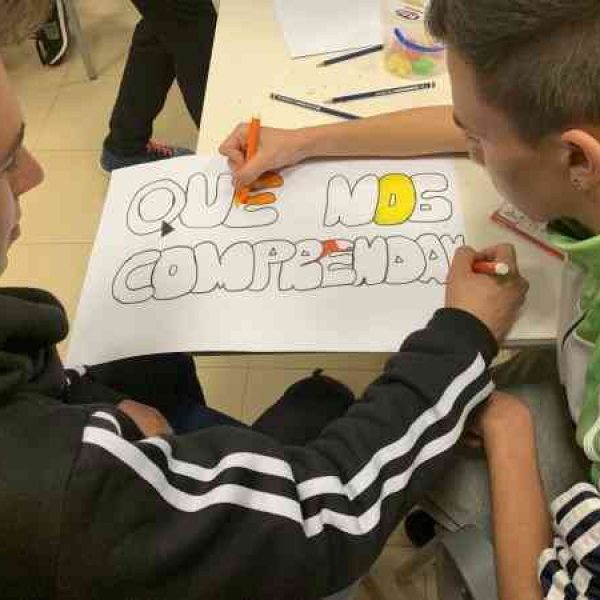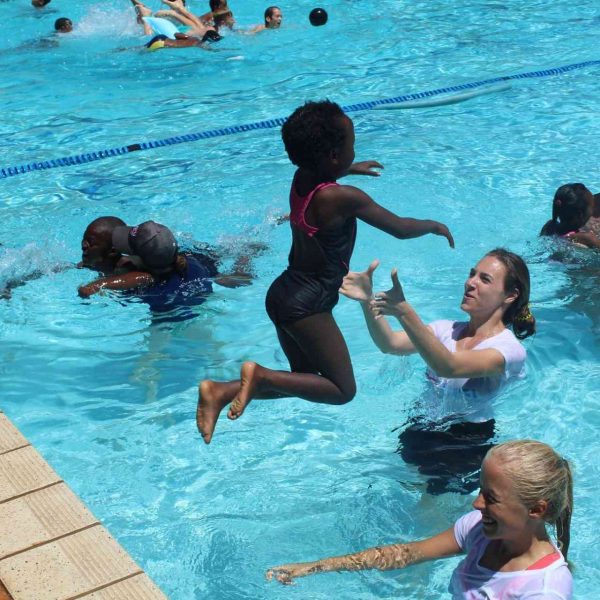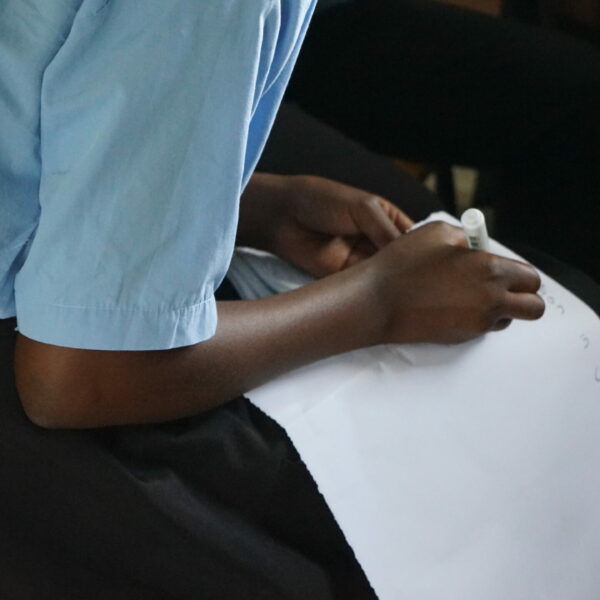FMSI fundraising visit in germany and holland
Strengthening ties, building capacity: FMSI’s journey among projects and donors
For years, FMSI has maintained direct contact not only with the communities it supports, thorough field visits and listening to local voices, but also with long-standing donors thorough a continue dialogue. It is not only about fundraising but about advancing the mission of the Institute and of FMSI to pursue children’s rights and safeguarding, nurturing relationships of trust and collaboration. Thorough preparation and first-hand testimony from the sites visited made a real difference. The partners met expressed appreciation for FMSI’s approach, describing it as concrete and impact oriented. During the meetings, FMSI set out its core mission and presented measurable results, aligning specific projects with each donor’s geographic and thematic interests.
To give substance to the dialogue, FMSI proposed a focused portfolio:
- Training 2025-2026: a modular training pathway on the UPR and child rights to consolidate capacities within the Institute.
- Renovation of the MIC in Kenya: refurbishment of community spaces with child-safe standards, improvements to essential services (water, sanitation, energy), and the creation of inclusive learning environments.
- Fratelli Maicao and Fratelli Lebanon: school support initiatives for refugee children in two areas with high migratory flows.
At the heart of FMSI’s vision is being “in support of the Marist Mission”: not only financial assistance, but working side by side with partners to provide ongoing support and develop local capacities, investing in processes of capacity building and empowerment. It is this infrastructure of skills – effective policies, protection mechanisms, monitoring and evaluation, responsible leadership – that makes interventions sustainable over time.
The outcomes are encouraging: most donors expressed strong interest in supporting FMSI’s and the Institute’s initiatives. Looking ahead, FMSI will continue to share and promote the Institute’s ongoing projects along with new, detailed proposals, ensuring full transparency in the use of funds and continuous technical accompaniment. This commitment strengthens mutual accountability and makes donors feel part of the results.
Thus, once again this year, the visit was not only about fundraising: it was an opportunity to consolidate alliances, align values, and map out shared trajectories. When interests and objectives converge, partnerships between organizations and donors become a driver of change: they protect children’s rights today and build capacities so that tomorrow communities can stand on their own.




